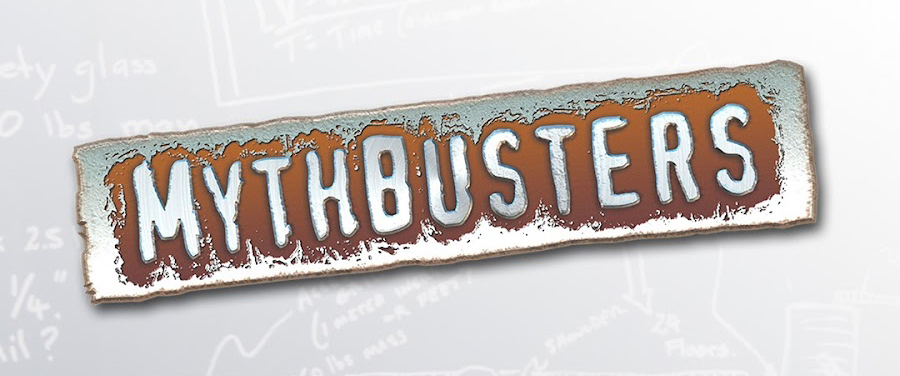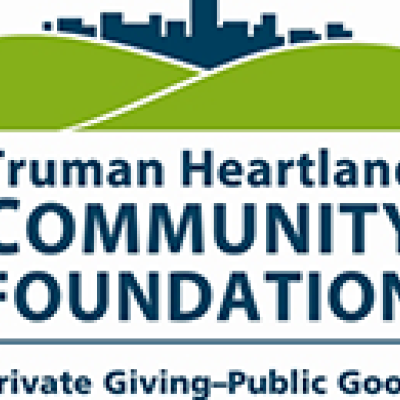
When it comes to giving vehicles, there are a number of tax-smart options to choose from. So many, in fact, that it can sometimes be difficult to keep it all straight.
Two popular options today are donor advised funds (DAF) and private family foundations. You may think you know the difference, but do you really? Here are some common myths about donor advised funds and family foundations that you may have heard.
Myth 1: Donor Advised Funds are good for people with only a small amount of money to give. Family Foundations are better if you have a large amount to contribute.
FALSE. A donor advised fund at THCF offers maximum tax benefits compared to a family foundation, regardless of the size of the account. If you donate cash, the IRS allows you to claim a deduction of up to 60 percent of your adjusted gross income (AGI). With a private foundation, the deduction is half that, at 30 percent. If you have appreciated assets, like securities or closely held stock, you can claim an AGI deduction of up to 30 percent per year, whereas a private foundation has an AGI limitation of 20 percent.
Plus, with your community foundation DAF, you can claim the deduction for your cash or securities donation in the year it is made and also have up to five carry-forward years for any unused balance.
Myth 2: A donor advised fund is too complicated and time-consuming to manage on your own.
FALSE. The day-to-day administration of a private foundation can take more time and energy than some people want to take on. In addition, the tax rules related to private foundation investments, distributions, and “self-dealing” have become more challenging to navigate and may even prevent some people from maximizing the tax benefits of their charitable giving. We often see that when the family members who handled these kinds of functions for a family foundation retire, pass away, or simply become busy with other projects, the administrative load can easily become overwhelming for the rest of the family.
A DAF allows donors to manage their giving with a flexible online account. With just a few clicks, you can donate to your DAF account, issue grants to your favorite organizations, receive statements and reports, and much more. With the expert guidance of the THCF team and your financial advisor's collaboration, it is actually really easy to use your DAF to make a meaningful impact in Eastern Jackson County and beyond. Plus, with your endowed DAF, THCF will ensure your gifts continue your legacy for generations to come.
Myth 3: There is no such thing as a confidential or private donation.
FALSE. Information about private foundations is, ironically, not at all private. The IRS provides public access to all Form 990 tax returns for private foundations, which includes information on everything from revenue and expenditures to income data and grants.
In contrast, a donor advised fund at your community foundation is completely private and confidential. While most donors still choose to provide information about themselves to the organizations they donate to through their donor advised fund, they have the option of truly anonymous granting as well.
Both donor advised funds and private family foundations have their own unique advantages and disadvantages. However, it's essential to have a clear understanding of these vehicles' myths and facts before making a decision. Donor advised funds offer numerous benefits, including more significant tax advantages, easy management, and confidentiality. On the other hand, private family foundations are more suitable for families who really want to be in the weeds with the regulatory and record-keeping requirements. Regardless of which option you choose, it's crucial to work with a trusted financial advisor to maximize the impact of your philanthropic efforts.





